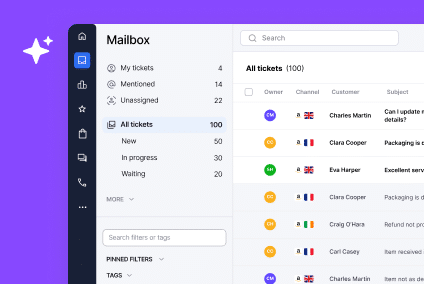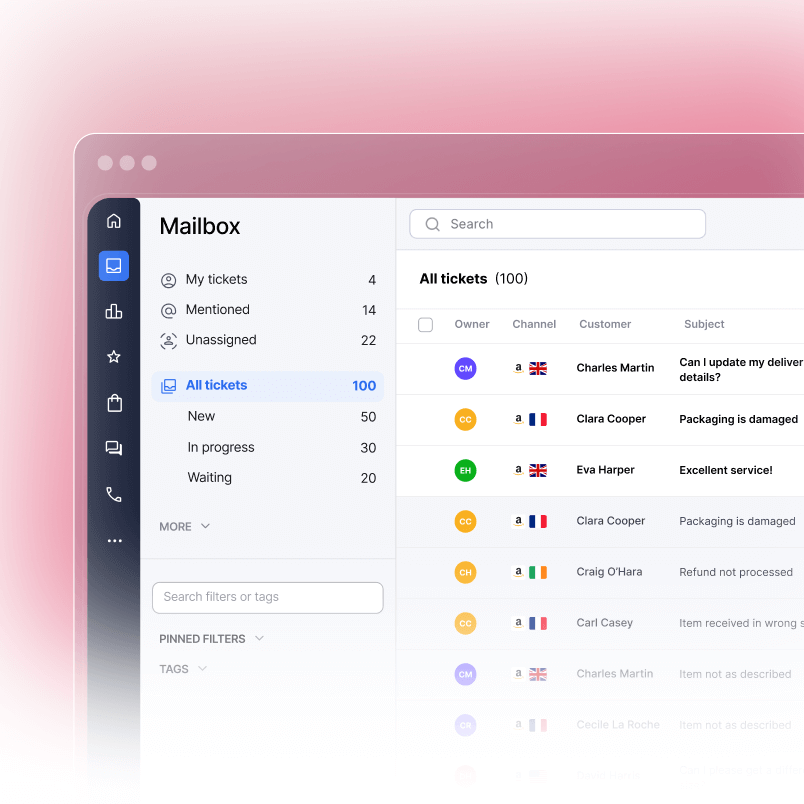UK eCommerce businesses that move beyond basic name personalisation to leverage comprehensive customer data insights can increase revenue by 10-15% while building stronger customer relationships. With 74% of UK eCommerce retailers now implementing personalisation programmes, the key differentiator lies in ethical data use and creating genuinely tailored experiences.
In today’s competitive UK eCommerce landscape, simply addressing customers by their first name barely scratches the surface of true personalisation. With UK retail eCommerce sales reaching £177.11 billion in 2024, British shoppers expect sophisticated, contextual experiences that demonstrate a genuine understanding of their needs.
The stakes are high. Research shows that 62% of customers surveyed in 2022 stated that brands not offering personalisation would lose their loyalty, up from 45% a year prior. For UK eCommerce businesses, this represents both opportunity and challenge: delivering meaningful personalised eCommerce support UK that builds trust whilst respecting privacy.
Understanding UK Consumer Attitudes Towards Personalisation
UK consumers have developed a pragmatic approach to data sharing. UK consumers have become less concerned about the use of their data: in 2018, 47% were ‘very concerned’, but this has now halved to 24%.
This shift reflects a growing understanding of the value exchange. Over 50% of consumers share personal info for personalised offers, indicating UK customers recognise the mutual benefits of data-driven personalisation. However, 32% of UK businesses are very concerned about privacy laws, highlighting the need to balance personalisation with robust data protection.
The Current State of UK eCommerce Personalisation
Leading UK retailers demonstrate sophisticated personalisation. John Lewis’s efforts reportedly generated an estimated £30m in extra revenue in the first 12 months. Their My Waitrose programme has rewarded customers with £100m in personalised money-off rewards.
ASOS is launching a new loyalty programme in 2024, rewarding engaged shoppers with exclusive access to products, events, and experiences, shifting from transactional to experience-based personalisation.
Leveraging Customer Data Insights for True Personalisation
Effective personalised eCommerce support requires sophisticated use of customer data insights beyond inserting names into communications. Modern platforms collect data across multiple touchpoints: browsing behaviour, purchase history, support interactions, and demographics.
Understanding that a customer frequently purchases organic products, previously contacted support about delivery timing, and shops in the evening, allows teams to proactively offer delivery preferences, suggest relevant products, and anticipate concerns.
eDesk Customer View for Insights provides comprehensive customer profiles including purchase history, previous interactions, and behavioural patterns, enabling truly personalised support conversations.
Implementing Tailored Communication UK Standards
Effective, tailored communication in the UK requires understanding cultural nuances. British consumers appreciate directness balanced with politeness, efficiency with a personal touch, and professionalism that doesn’t feel robotic.
Successful strategies consider preferred communication channels (with 89% of UK adults making online purchases), regional preferences, and individual shopping patterns—adjusting tone for different segments, timing messages based on engagement patterns, or offering support through preferred channels.
AI for Personalisation and Individual Shopping Experiences
AI personalisation boosts retail growth by 15%, and 92% of businesses use AI-driven personalisation. However, UK implementation must consider regulatory requirements and consumer preferences.
Successful AI personalisation focuses on augmenting human decision-making rather than replacing it, aligning with British preferences for personal service whilst leveraging technology for enhanced efficiency.
Strategic Product Recommendations
Effective systems incorporate contextual factors like seasonal preferences, regional trends, and customer journey stages. Recommending winter coats in July becomes relevant if customers previously purchased ski equipment. Understanding UK consumers plan purchases around specific events enables timely, relevant recommendations.
Modern Loyalty Schemes UK
Loyalty schemes in the UK are evolving beyond points-based systems. John Lewis’s approach includes exclusive events through John Lewis Members Week, creating emotional connections rather than purely transactional relationships.
Customer Segmentation: The Foundation
Sophisticated customer segmentation forms personalisation’s backbone. Advanced segmentation includes trend-conscious shoppers, value-seekers, convenience-focused customers, quality-conscious buyers, and seasonal shoppers. Each requires different personalisation approaches, communication styles, and support strategies.
Ethical Data Use and Privacy Considerations
UK businesses must balance personalisation with privacy, and align with the Data (Use and Access) Bill currently progressing through Parliament.
Ethical practices include transparent data collection, customer control over settings, demonstrating value, regular consent validation, and data minimisation.
Implementation and Future Trends
Modern personalisation requires robust technology platforms like Personalise with eDesk, comprehensive team training, and measurement frameworks tracking satisfaction scores, conversion rates, and retention.
69% of brands are increasing personalisation investment in 2024. Emerging trends include voice-based personalisation, AR shopping experiences, predictive customer service, and hyper-localised recommendations considering local weather, events, and regional preferences.
Conclusion
Delivering truly personalised customer support requires moving beyond basic recognition to create comprehensive, data-driven experiences, respecting privacy whilst delivering value. Success depends on understanding local consumer attitudes, implementing ethical data practices, and using technology to enhance human connection.
UK eCommerce businesses mastering this balance will build stronger relationships, increase revenue, and create competitive advantages. Personalisation in eCommerce Beyond Emails and The Importance of Customer Intelligence provide additional insights for advanced personalisation strategies.
Ready to move beyond basic name personalisation? Try eDesk for free today and transform your customer support with data-driven insights that UK shoppers truly value.




